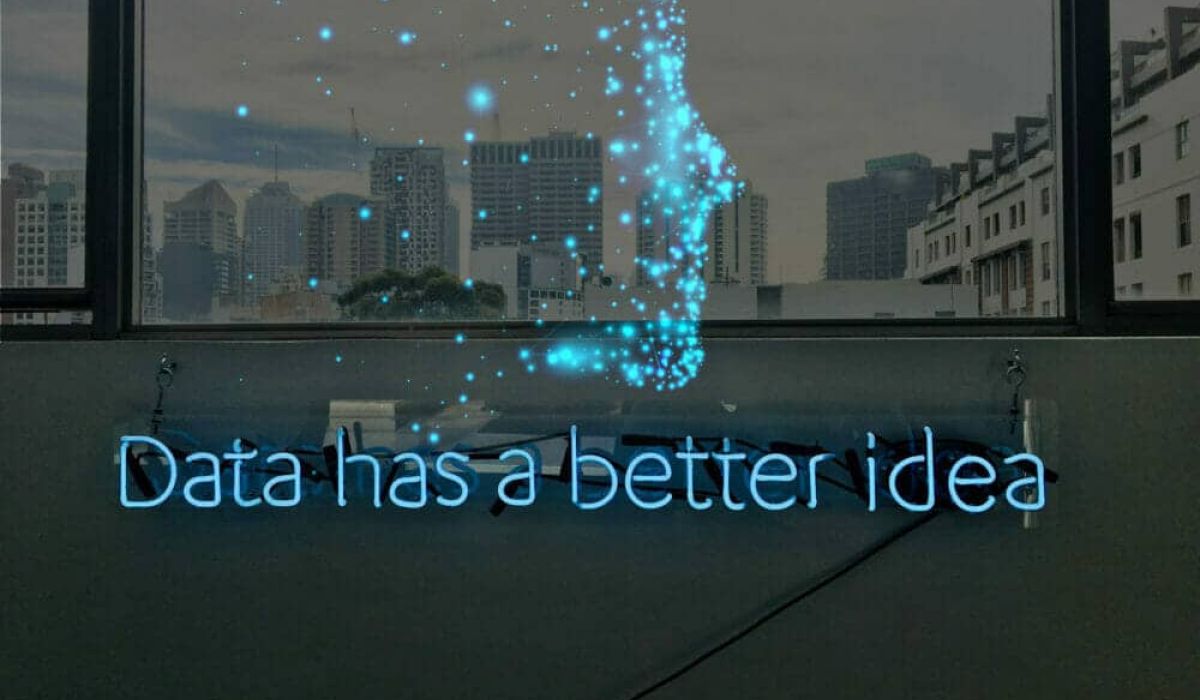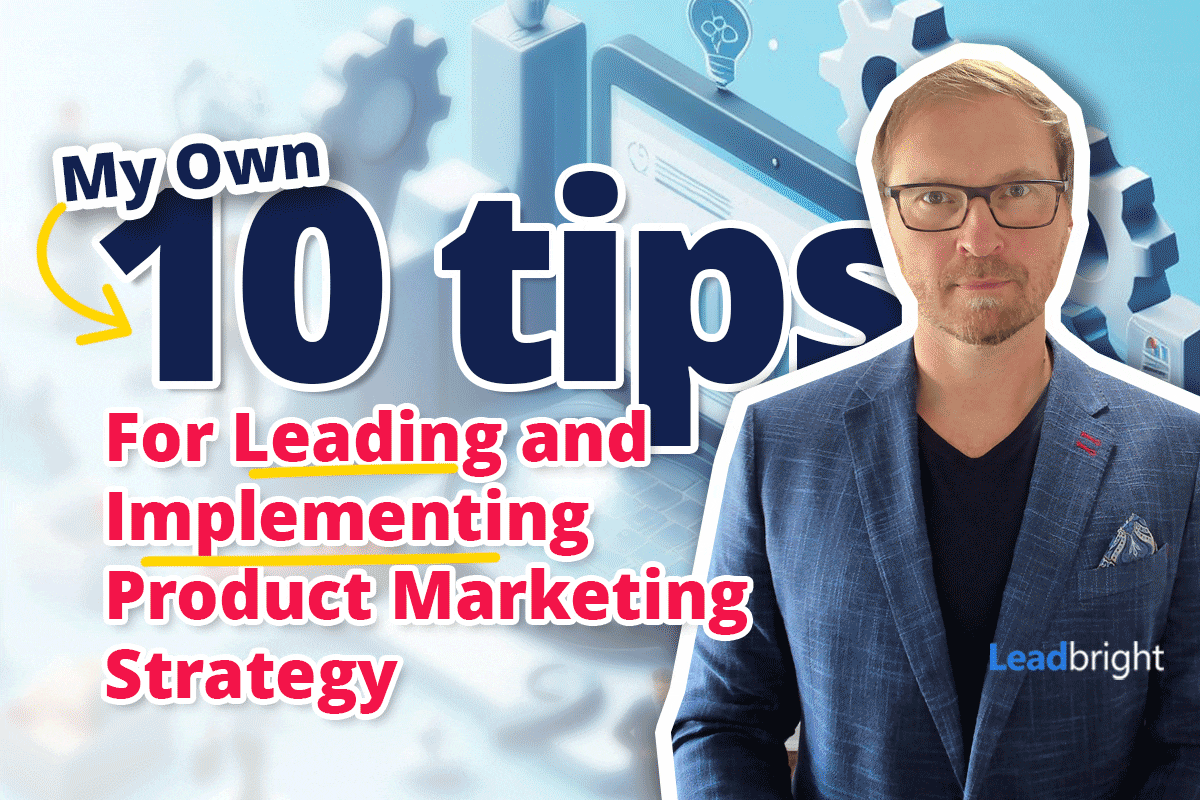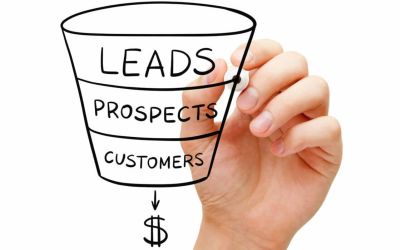AI content creation has changed content marketing forever

In the last couple of years, AI has explored pretty much all digital landscapes and it’s going to stay. Here’s how it’s transforming the content marketing world.
AI is undoubtedly a revolutionary technology that’s gradually becoming a part of our daily lives. One of the key areas where AI is making drastic changes is content marketing. It’s changing the way we produce and consume content.
Probably the biggest advantage of AI content creating and marketing is that it allows you to save a whole lot of time. Naturally, it takes time to plan topics for blog posts, discover relevant keywords, schedule social media posts and create a robust content strategy if you do it manually. However, you can use AI technology to create content in real-time at a fraction of the cost of a human. Let’s discuss the capabilities of AI in terms of content and how it’s affecting the content marketing industry.
What is AI content?
Definition: In the simplest form, AI content is a type of content created by artificial intelligence without human intervention. There are several AI techniques such as NLP (Natural Language Processing) and NLG (Natural Language Generation) to create unique, interesting, and informative content.
What does content-generating AI actually mean?
The content-generating AI refers to a software tool powered with artificial intelligence that can create content in different fields.
When it comes to text content, the advanced AI content-generating tools come with different capabilities such as suggesting topics, writing headlines, creating meta descriptions, and even producing long-form articles. They can write content on pretty much anything and everything.
It’s important to note that AI content creation isn’t just about writing content. It’s a generic term and it includes creating videos, music, predictive analysis, even website building, and so on. We’ll discuss these topics in the latter part of this article.
What is the scope of AI content?
You’d be surprised to know that many big companies have started using AI tools to create content pieces. It includes Forbes which is using AI to create headlines and propose different topics based on the website’s publication history and latest industry trends. The scope of AI content creation is great and it’s already changing content creation and marketing just like any other digital industry.
How does AI content generation work?
Artificial intelligence can learn from already existing content and different experiences but how does it actually generate content? The answer to this frequently asked question lies within the techniques and algorithms that AI uses. It includes NLG (Natural Language Generation), NLP (Natural Language Processing), deep learning, and machine learning.
The core component that allows artificially intelligent tools to create content in existing data. The tool is fed with a sheer amount of data and it reads and analyzes the existing patterns and features and derives meaning from undefined data.
Example 1: Creating Videos Deepfakes
Deepfakes is a relatively new technology that uses machine learning algorithms to generate content based on the data provided as input. The tool is first trained by the data to generate a new face or replace a part of a face. Then the tool creates its own data by using different techniques such as GAN (Generative Adversarial Networks).
GAN is a popular approach to generating models from the input data. a GAN system is based on two different components.
- Generator: The purpose of this component is to learn patterns and regularities in input data and learn the most efficient way to reproduce them. It generates new data and sends it to the discriminator along with the input data for evaluation.
- Discriminator: This component gets both data sets and tries to distinguish the newly generated data from the real one.
The purpose of the generator is to produce a video that the discriminator can’t distinguish from the real data. Gan is used for creating both videos and photos
Example 2: Text Generation
AI text generators usually work in the following manner.
- First, you need to provide the AI tool with your topic and inform it about the content you need to create.
- The AI tool then collects the most relevant information from the internet as well as from its database with the help of a machine and deep learning algorithms and creates a subset of data that it’ll use.
- The tool then processes the collected subset of data with the help of NLP.
- It then uses NLG algorithms to come up with unique computerized content that offers the most reliable and useful information.
Machine learning algorithms allow AI content-generating tools to look for similar patterns and draw the most relevant conclusion. The beauty of AI content-generating tools is that every time they generate content, they learn from the process and improve their algorithms. The larger the data set the better the quality of the content will be.
AI can also analyze and generate conclusions from behavioral data. For example, you will see the videos in your YouTube feed that you want to watch, and the same way you’ll come across the products you want to buy on Amazon. It happens because the AI tools learn about your previous buying and interaction history and drive results based on that data. YouTube uses multiple AI algorithms for recommendations such as Google Brain and Silby for recommendations. The latter one is the same tool that automatically identifies spam emails and filters them out.
So, how can companies benefit from AI content-generating tools?
“Companies can benefit from artificial intelligence by generating content in a number of ways. The process is not difficult, but it does have its advantages and disadvantages which are worth considering when making decisions about how to use these tools for your business needs.
Content-generating tools are a game-changer for content marketing. These AI programs allow companies to create engaging blog posts, newsletters, and other forms of social media content without having writers or designers on staff!
With the help of artificial intelligence, companies can create engaging content that their customers will love. In just a few simple steps you’ll have all kinds of interesting videos and articles on your own website!
The idea of creating AI content-generating tools is not as difficult or complicated. However, there are limitations to the process and it still needs human intervention for improvement.”
Note: You might be surprised to know that everything written in the inverted commas in the above section is created by the AI tool “Jarvis.ai” without any human intervention. You can see that the content is of high quality and makes complete sense. That’s how companies can use AI tools to save time as well as resources in their content generation strategies.
How is AI changing the content marketing industry?
As mentioned earlier, AI is a generic term that encompasses many sub-branches such as machine learning, NLP, NLG, deep learning, computer vision, and so on.
Content Creation
The Guardian recently ran an article using OpenAI’s language model GPT-3. It was met by panic posts across social media platforms. The hype created a stir as to whether the time would come when AI will completely rule over content creation. However, since the idea is still fresh, it is notable that there are still some limitations. Check out this video using a script created by AI. It’s still not possible to leave the content creation process completely on AI because of its limitations. However, each breakthrough in NLP and other AI techniques gets us one step closer to achieving 100% automation.
You can now combine AI content generating tools with SEO keyword tools like SurferSEO to create content faster but also optimized to rank within search engines.
Artificial intelligence and competitor analysis
Marketing managers and content creators often take a stab in the dark while determining their marketing content. There are software tools that offer tons of data that is nearly impossible to analyze and sift through manually.
AI tools not only can analyze the sheer amount of data in the shortest possible time, but they can also compare it with the websites of your competitors to provide you with the most valuable topics. You can use tools like Crayon to analyze the main web pages of your competitors, how they changed over time, and find insightful data that explain what content marketing strategies are working best for them. You can also get data to find out the areas where your competitors aren’t performing well to take advantage of those weaknesses.
Predictive Intelligence
Predictive intelligence refers to the practice of collecting data about the behaviors of your existing and potential customers and creating distinct profiles based on their characteristics. Not only does it make your business more efficient but it also improves the accuracy of lead scoring.
For example, you can create a set of your leads that need information on how your services or products work. You can create specialized content for those leads to offer value. It’ll allow you to better understand where each lead resides in its buyer’s journey. This way you can figure out techniques to convert them faster based on their behavior and history.
Video
Technologies like “Deepfake” are now changing the way you create videos as well. You can now use tools like Synthesia that allows you to create the video as easily as writing an email. It comes in handy when you need to create impressive business videos but don’t have enough time for that. Deepfake uses different images of the same person and brings those images to life and tools like Synthesia allow you to create your custom avatars that will represent your team members.
Website Builders
The future of website building seems so bright, thanks to AI-assisted website builders. You can now use AI website builders like 10web. It’s a highly precise and rapid website development tool that helps automate the process of creating websites and landing pages. These tools not only allow you to save time but can also customize your website in the most efficient and effective manner.
Music
It’s yet another surprising field where AI is making drastic changes. Automatic music generation has now become a reality. Tools like Jukebox by OpenAI based on the neural net can now create raw audio and rudimentary singing in a range of different genres. Outperforming the limitations of predecessor symbolic generators, the Jukebox model uses an autoencoder that works by compressing raw audio into a lower-dimensional space. With this model, Jukebox can sing completely original lyrics using another style
How AI is Helping with Content Creation and Marketing?
In most cases, AI-powered marketing tools assist with the creative process and need a human to guide the AI to success. For example, Marketmuse, a content creation platform, uses AI to generate the first draft of a blog post but it requires a human to develop a content outline for its use. As mentioned earlier, AI content generation has many limitations but it’s improving dramatically each year. For example, GPT (Generative Pre-trained Transformer) has become a standard for deep learning models over the years and it is currently on GPT-3. OpenAI researchers, the creators of the GPT model, have trained it to understand more complex word combinations and association parameters over time Interesting GPT-3 has reached about 174 billion parameters which are way better than its previous versions.
With the recent advances in artificial intelligence, content creators are able to produce articles more quickly and with greater quality. AI also helps marketers by creating ads that audiences will engage with on social media platforms like Facebook or Instagram
AIs’ abilities have enabled us as human beings because not only can they create beautiful pieces of work but do so at lightning speed. At the very least, artificial intelligence can be used to speed up and even automate the content creation process. Based on this new trend, AI will eventually be able to write content on its own that is indistinguishable from what a human can write.
Can Google detect content generated by AI tools?
It’s one of the most frequently asked questions by content creators and business owners. Technically, the question itself has some flaws.
Google can penalize content with low-quality and wrong information whether it’s generated by an AI tool or written by a human. On the other hand, Google ranks high-quality and informative content better. In fact, Google appreciates the AI-generated content and explains that it’s hard to tell whether it’s written by a tool or human.
So, instead of the question, “can Google detect content generated by AI tools”, it should be:
Does the content generated by AI offer quality, feel authoritative, and relevant enough to rank higher in Google search results?
But it’s important to bear in mind that all search engines including Google change their rules and regulations. So, your AI-generated content can be cracked down not because it was generated by an AI tool but because of its quality.
Best AI content generation tools
There are many AI tools available in the market that you can use for content generation. Here’s a list of some of the best ones that you can use.
Jarvis.ai
Jarvis.ai, as the name implies, is based on artificial intelligence that can create a range of different types of content pieces. For example, you can use it to create social media content, landing page content, long-form articles, short-form blogs, and so on. All you need is to inform this tool about the types of content you want along with the keywords you want to incorporate. It’ll generate a piece with the most relevant information that you can use for your blogs, website, etcetera. However, proofreading and editing the content is important.
MarketMuse
MarketMuse is yet another artificially intelligent tool that allows you to come up with content marketing strategies. It provides you with the most relevant terms, topics, and headlines that you should incorporate in your article to rank higher in search engines.
HubSpot
HubSpot also offers a content strategy tool based on machine learning that offers content ideas for marketers. It also provides you with information regarding topic clusters based on relevance and competition. Based on those suggestions you can create parent and child content pieces to improve the ranking of your blogs on search engines.
So, can AI content generators replace human content writers?
The essential thing we all want to know is if AI content tools will eventually replace content writers. We believe that a content writer can never fully be replaced since there is more to content than just words. After all, humans press the publish button at the conclusion of a wonderfully written blog.
We believe that AI content generation technologies will become more useful and insightful in the future. It will also save us resources, energy, and most importantly time. AI content generators, like every other technology you use at work, will become a part of your cause for growth. Instead of thinking of them as content writers, we urge you to think of them as tools to help you improve as a content writer.
What are the limitations of AI content generation?
Just like any other technology, there are some limitations in AI content generation. It still makes some common mistakes. For example, the New Yorker conducted a test recently in order to see whether AI technology can create content that meets the website’s high publishing standards or not. They used GPT-2 to create content that was undoubtedly free of grammatical mistakes. But the content piece lacked the skill to conceptualize and reason.
What’s the future of AI content creation?
According to the SearchEngineJournal, the content generated by AI will become commonplace and in 20 years, it’s possible that robots will be generating content for us. That’s why it’s important to stay in touch with the latest technology and companies should start using AI content generators to get ready to enter the future.
However, it is crucial to highlight that the invention of the calculator did not eliminate the need for mathematicians, and picture software such as Photoshop did not completely replace the duties of professional photographers. Similarly, we hope that artificial intelligence will not render human content marketers redundant, but rather make their jobs simpler. There will always be an element of emotion and creativity in content production that AI will struggle to master. Nonetheless, AI-generated content may make the work of any content marketer considerably easier.
Regardless of the sort of material you create for your business, there is a good chance that artificial intelligence may assist you in doing things better. While some may dismiss the importance of artificial intelligence, this instrument is a true force in the realm of content marketing. As a result, this is the path that businesses are taking to obtain a competitive edge and save time and money.



